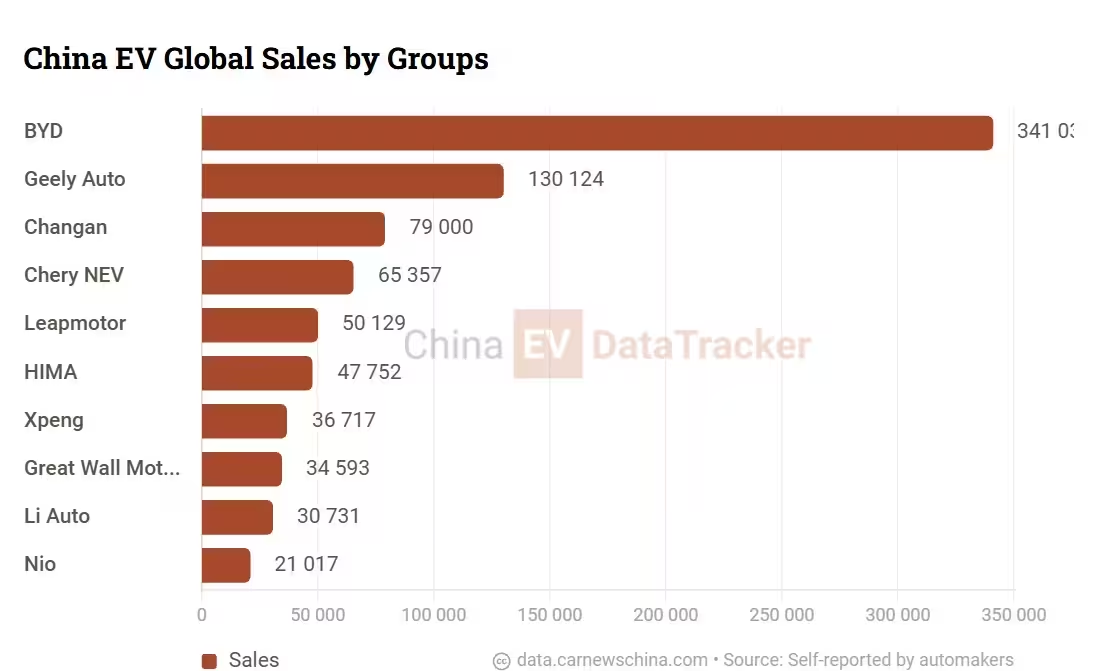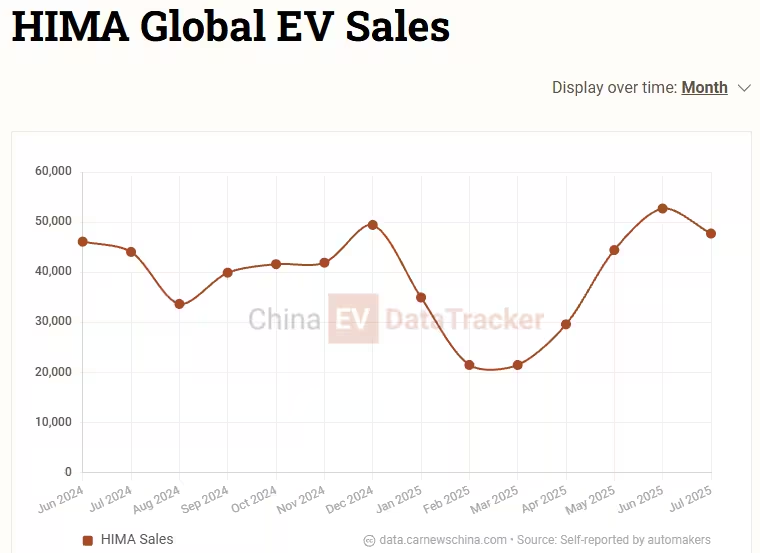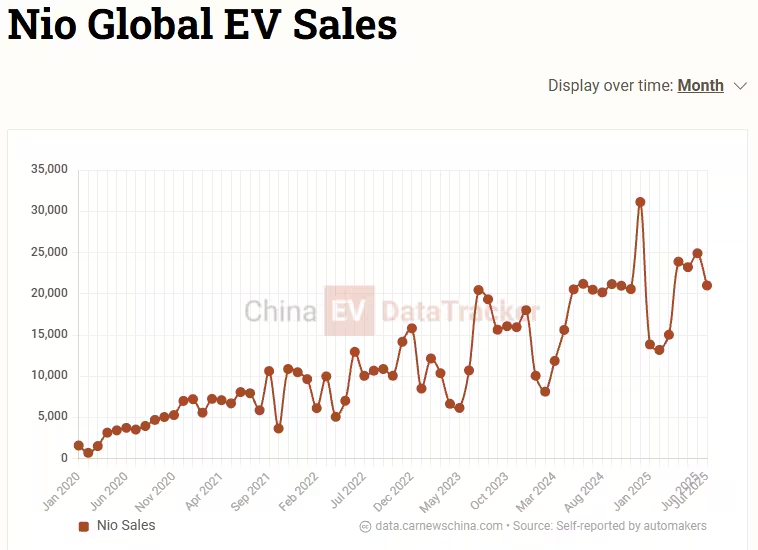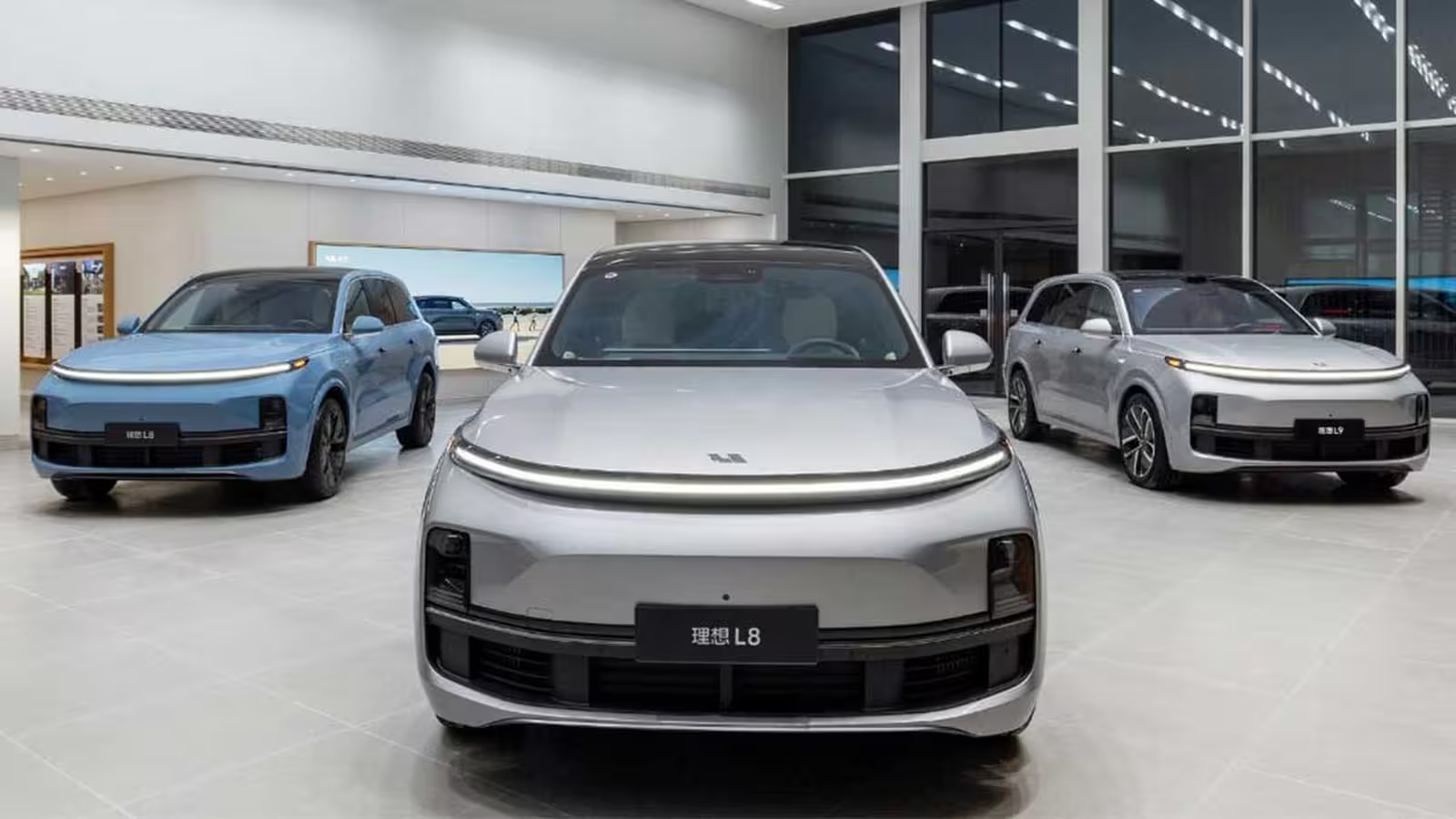5 Minutes
China’s Electric Vehicle Sales: July’s Key Figures
China’s electric vehicle (EV) industry continues its dominance on the global stage, with sales numbers in July highlighting impressive growth and fierce competition among domestic automakers. Leading brands such as BYD, Geely, Nio, and others saw significant movement in their global sales, reflecting shifting consumer preferences and the evolving landscape of new energy vehicles (NEVs). NEVs, a term widely used in China, encompasses fully electric vehicles and plug-in hybrids, positioning these innovative vehicles at the forefront of sustainable mobility.
Top EV Players: Performance and Growth in July
BYD: Maintaining Leadership
BYD emerged as the market leader, delivering 341,030 EVs in July—a marginal 0.1% increase from the same period last year but a 9.7% drop from June. Despite this monthly dip, BYD’s year-to-date performance is robust, with 2,458,914 units sold from January to July 2025, marking a 26.2% increase compared to last year. BYD’s diverse lineup, notable for advanced EV technology, comprehensive safety features, and sleek, modern design, continues to hold a commanding presence both in China and internationally.

Geely: Accelerating Growth
Geely also posted remarkable figures, moving 130,124 vehicles in July—a 6.3% rise from June and an astonishing 120.4% surge from July last year. Cumulatively, Geely sold 855,275 NEVs in 2025 so far, a 125.5% year-on-year jump. This growth reflects Geely’s strategic consolidation of its Galaxy, Zeekr, and Lynk & Co brands under the Zeekr umbrella, enhancing product synergy and appeal. Geely models are recognized for their modern aesthetics, smart connectivity, and strong performance credentials, cementing its position among top EV manufacturers.

Rising Contenders: HIMA, Nio, and More
Huawei’s HIMA group reported stronger demand with 47,752 units sold in July, up 8.3% year-on-year but down 9.5% from June. Xpeng, backed by Volkswagen, achieved record-breaking growth, selling 36,717 vehicles in July—up 6.1% month-on-month and 229.4% year-on-year. Year-to-date, Xpeng delivered 233,906 units, a massive 270.3% increase. Nio, renowned for premium electric SUVs and sedans, sold 21,017 vehicles in July, reflecting a 2.5% annual gain but a 15.7% month-over-month decrease. Its global sales for 2025 (January–July) reached 135,167 units, up 25.2% over the previous year.

Additional Performance Highlights
- Leapmotor, now part of Stellantis, delivered a record 50,129 vehicles, with sales up 4.4% from June and a whopping 126.9% compared to last July, reflecting the brand’s innovation and aggressive market expansion.
- Chery NEV posted 65,357 sales—down 8.7% from June. Cumulative sales for the year stand at 424,817.
- Great Wall Motor recorded 34,593 units sold, representing a healthy 43.3% year-over-year increase.
- Li Auto saw a slowdown, selling 30,731 units, which marked a 39.7% decrease compared to July last year.
- Polestones (Rox Motor), a newer entrant, sold 1,316 units—an increase from June.

Design, Performance, and Market Positioning
Chinese automakers distinguish themselves with intelligent features, advanced battery tech, and modern vehicle aesthetics. Brands like BYD and Geely offer cutting-edge safety systems, high battery range, and fast-charging capabilities, appealing to both family and performance-oriented buyers. Nio and Zeekr are carving out premium market space with luxury touches and innovative technologies, while startups like Leapmotor and Xpeng ride the wave of smart mobility with their autonomous driving features and youthful design language.

China EV Market: Global Influence and Future Outlook
The July 2025 data reaffirms China’s pivotal role in global EV adoption. As brands ramp up international expansion—particularly in Europe and Southeast Asia—competition intensifies, pushing design, technology, and affordability to new heights. Innovators in battery and drivetrain tech, combined with compelling vehicle design and pricing strategies, will likely dictate the next phase of market leadership among Chinese EV manufacturers.
Stay tuned for brand-by-brand sales breakdown and further updates as additional automaker figures are released.
Source: carnewschina


Leave a Comment